DataSketches Tuple Sketch module
This module provides Apache Druid aggregators based on Tuple sketch from Apache DataSketches library. ArrayOfDoublesSketch sketches extend the functionality of the count-distinct Theta sketches by adding arrays of double values associated with unique keys.
To use this aggregator, make sure you include the extension in your config file:
druid.extensions.loadList=["druid-datasketches"]
Aggregators
{
"type" : "arrayOfDoublesSketch",
"name" : <output_name>,
"fieldName" : <metric_name>,
"nominalEntries": <number>,
"numberOfValues" : <number>,
"metricColumns" : <array of strings>
}
| property | description | required? |
|---|---|---|
| type | This String should always be "arrayOfDoublesSketch" | yes |
| name | A String for the output (result) name of the calculation. | yes |
| fieldName | A String for the name of the input field. | yes |
| nominalEntries | Parameter that determines the accuracy and size of the sketch. Higher k means higher accuracy but more space to store sketches. Must be a power of 2. See the Theta sketch accuracy for details. | no, defaults to 16384 |
| numberOfValues | Number of values associated with each distinct key. | no, defaults to 1 |
| metricColumns | If building sketches from raw data, an array of names of the input columns containing numeric values to be associated with each distinct key. | no, defaults to empty array |
Post Aggregators
Estimate of the number of distinct keys
Returns a distinct count estimate from a given ArrayOfDoublesSketch.
{
"type" : "arrayOfDoublesSketchToEstimate",
"name": <output name>,
"field" : <post aggregator that refers to an ArrayOfDoublesSketch (fieldAccess or another post aggregator)>
}
Estimate of the number of distinct keys with error bounds
Returns a distinct count estimate and error bounds from a given ArrayOfDoublesSketch. The result will be three double values: estimate of the number of distinct keys, lower bound and upper bound. The bounds are provided at the given number of standard deviations (optional, defaults to 1). This must be an integer value of 1, 2 or 3 corresponding to approximately 68.3%, 95.4% and 99.7% confidence intervals.
{
"type" : "arrayOfDoublesSketchToEstimateAndBounds",
"name": <output name>,
"field" : <post aggregator that refers to an ArrayOfDoublesSketch (fieldAccess or another post aggregator)>,
"numStdDevs", <number from 1 to 3>
}
Number of retained entries
Returns the number of retained entries from a given ArrayOfDoublesSketch.
{
"type" : "arrayOfDoublesSketchToNumEntries",
"name": <output name>,
"field" : <post aggregator that refers to an ArrayOfDoublesSketch (fieldAccess or another post aggregator)>
}
Mean values for each column
Returns a list of mean values from a given ArrayOfDoublesSketch. The result will be N double values, where N is the number of double values kept in the sketch per key.
{
"type" : "arrayOfDoublesSketchToMeans",
"name": <output name>,
"field" : <post aggregator that refers to a DoublesSketch (fieldAccess or another post aggregator)>
}
Variance values for each column
Returns a list of variance values from a given ArrayOfDoublesSketch. The result will be N double values, where N is the number of double values kept in the sketch per key.
{
"type" : "arrayOfDoublesSketchToVariances",
"name": <output name>,
"field" : <post aggregator that refers to a DoublesSketch (fieldAccess or another post aggregator)>
}
Quantiles sketch from a column
Returns a quantiles DoublesSketch constructed from a given column of values from a given ArrayOfDoublesSketch using optional parameter k that determines the accuracy and size of the quantiles sketch. See Quantiles Sketch Module
- The column number is 1-based and is optional (the default is 1).
- The parameter k is optional (the default is defined in the sketch library).
- The result is a quantiles sketch.
{
"type" : "arrayOfDoublesSketchToQuantilesSketch",
"name": <output name>,
"field" : <post aggregator that refers to a DoublesSketch (fieldAccess or another post aggregator)>,
"column" : <number>,
"k" : <parameter that determines the accuracy and size of the quantiles sketch>
}
Set Operations
Returns a result of a specified set operation on the given array of sketches. Supported operations are: union, intersection and set difference (UNION, INTERSECT, NOT).
{
"type" : "arrayOfDoublesSketchSetOp",
"name": <output name>,
"operation": <"UNION"|"INTERSECT"|"NOT">,
"fields" : <array of post aggregators to access sketch aggregators or post aggregators to allow arbitrary combination of set operations>,
"nominalEntries" : <parameter that determines the accuracy and size of the sketch>,
"numberOfValues" : <number of values associated with each distinct key>
}
Student's t-test
Performs Student's t-test and returns a list of p-values given two instances of ArrayOfDoublesSketch. The result will be N double values, where N is the number of double values kept in the sketch per key. See t-test documentation.
{
"type" : "arrayOfDoublesSketchTTest",
"name": <output name>,
"fields" : <array with two post aggregators to access sketch aggregators or post aggregators referring to an ArrayOfDoublesSketch>,
}
Sketch summary
Returns a human-readable summary of a given ArrayOfDoublesSketch. This is a string returned by toString() method of the sketch. This can be useful for debugging.
{
"type" : "arrayOfDoublesSketchToString",
"name": <output name>,
"field" : <post aggregator that refers to an ArrayOfDoublesSketch (fieldAccess or another post aggregator)>
}
